Newstart speaks to campaign group Justice4Grenfell to reflect on the Grenfell disaster and its impact on society, four years after the public inquiry was formally launched.
Four years ago, the Prime Minister announced the terms of reference of the public inquiry to look into the causes of the tragic fire at Grenfell Tower, which occurred on 14 June 2017 and took 72 lives and injured hundreds of residents.
Over the lengthy inquiry process, shocking evidence has been revealed about the causes of the fire and the mistakes made in preventing it.
‘If this was fictional, people would say you’ve stretched the story too far, but this is fact, and these things happened,’ says Yvette Williams, a local resident and a spokesperson for Justice4Grenfell.
The first phase of the inquiry concluded on 30 October 2019 with the publication of the chairman’s report, which found that what should have been a normal kitchen fire was exacerbated due to poor planning and ineffective fire safety measures.
The second phase of the inquiry is ongoing and is examining the causes of the events further.
‘In phase two the most disgusting evidence is coming out, it goes from at best, “I didn’t know”, to at worst, “It wasn’t me, it was someone else”, or “What’s your problem?”’ says Yvette.
The residents of Grenfell Tower were not shocked to find that cladding and poor refurbishment of the building played a huge part in the spread of the fire.
‘It was clear to us on the day of the fire that cladding played a huge part – it was blowing up and down the roads, it was deposited in people’s gardens, it was clear that there was something wrong with the cladding,’ says Yvette.
She adds: ‘We’d had fires locally before, but they hadn’t had much of an impact, but perhaps if these fires had been taken more seriously then more work would have been done on Grenfell. Before the refurbishment, it was actually agreed that Grenfell was marked for demolition, so it is clear that something was seriously wrong.’
However, despite understanding immediately that something was not right about the fire, the survivors have still been shocked to hear the extent of the neglect that the involved parties showed for the residents.
Yvette explains: ‘At the beginning, we knew that when it comes to the building industry, making profits is always going to be their priority, but we didn’t know just how dirty it was.
‘The state almost cuts us loose, and lets the market dictate the kind of care that we have, but within that, there is no accountability. We’ve seen what has happened around the lack of personal evacuation plans – disabled people should have been covered under the public sector equality duty or the disability discrimination act, but because it’s outsourced services, they fall through the cracks, and a large proportion of people who had a disability lost their lives that night.’
‘Justice delayed is justice denied’
Despite believing that the inquiry has started to uncover the truth, Justice4Grenfell are concerned that it may not deliver the justice that they want to see.
Yvette says: ‘For bereaved families in particular, prosecutions are a huge part of what justice looks like, and increasingly it looks as if their confidence is decreasing as the inquiry progresses.
‘We are asking, where is this going and what does this actually mean in terms of justice – especially for the bereaved families? What evidence do we have that the real suspects or perpetrators are going to be accountable for this in any way?’
She explains that inquiries are hugely expensive for the public purse, and even after finding out the truth, there is no legal obligation for the government to take on board the findings and recommendations to prevent a similar tragedy from occurring in the future.
Justice4Grenfell believe that due to the relatively immediate evidence that criminal neglect may have occurred, legal proceedings should have come first, and an inquiry to see what lessons could be learned from the disaster should have come later.
She explains: ‘We always say, justice delayed is justice denied. There is talk about a Covid-19 inquiry and Windrush is likely to come up again in terms of the delay in compensation, and so we can’t help but ask, what is the inquiry really doing for the public consciousness?
‘I think we are getting to the truth, but the truth alone will not deliver justice.’
However, the Ministry of Housing, Communities and Local Government say they are committed to delivering on the recommendations of the inquiry.
A spokesperson told NewStart: ‘The Grenfell Tower fire was a tragedy that must never be allowed to happen again, and the government remains absolutely committed to implementing the Grenfell Tower Inquiry’s Phase 1 recommendations.’
‘Business as usual’
The shockwaves from the Grenfell fire continue to ripple through society, but Justice4Grenfell are worried that the change we are experiencing is just a ‘charade’.
Yvette says: ‘We have our local authority, the Royal Borough of Kensington and Chelsea, who have been criminally investigated for their part in what happened at Grenfell, but they have actually been left in charge of the recovery of the community, there’s a charade about change, but as we have seen over the years, it’s just business as usual for them.’
However, the Council dispute this claim, arguing that they have been working hard to make change post-Grenfell, including launching a £50m Grenfell recovery programme, which funds bespoke and co-designed services to help support survivors and families, and committing over £200m to acquire over 300 homes for families and £300m to refurbish estates in the Borough.
A spokesperson for the Royal Borough of Kensington and Chelsea notes: ‘The Council is doing all it can to assist the public inquiry. We believe our duty is to the truth – whatever it takes and whatever the consequences for the Council.
‘As the inquiry progresses, we will continue to support the survivors, the bereaved families, and residents from the local area, making sure our support does not stop at the front door of their new homes.’
Regardless of whether enough is being done to tackle fire safety, the issues that Grenfell highlighted go beyond housing.
‘It would be a travesty for Grenfell to just go down as just a cladding issue, because for me, Grenfell tells me how awful our society is. People have paid the ultimate price with their lives and because we’re living in such a rotten society no one is willing to take it by the reins and say, this should be the catalyst for some kind of huge change,’ says Yvette.
The campaign group believe that to deliver lasting change and prevent another disaster like this from occurring in the future, removing dangerous building materials will not be enough.
They hope to see a let-up in outsourcing and privatisation of public services in the future, more accountability for outsourced services, and meaningful sanctions to ensure that contractors deliver appropriate care for the most vulnerable people in our society.
They also think that the UK government can learn a lot from the response of the Welsh and Scottish government to the fire, praising the Welsh Building Safety Fund as a ‘fantastic’ step towards addressing safety issues in high-rise buildings.
In response to these suggestions, a spokesperson for the Ministry of Housing, Communities and Local Government says: ‘We’re making the biggest improvements in building safety for a generation and strengthening the regulatory system for the entirety of a building’s life cycle. The new Building Safety Regulator will enforce a more stringent regulatory regime for high-rise residential and other in-scope buildings over 18 metres and oversee the safety and performance of all buildings.
‘Our new measures will bring more rights, powers and protections for residents and homeowners, strengthen the regulation of building safety and make homes safer across the country.’
However, Justice4Grenfell says they sometimes still feel like they might be fighting a losing battle: ‘We do feel desperate at times because it’s like you are taking on people who, at best, just feel indifferent and at worst, actually don’t want us here, don’t want us to have a home, don’t want us to feed our kids – they don’t want us to live where we do, certainly not in one of their richest boroughs.’
Photos by Johannes Mändle and C R












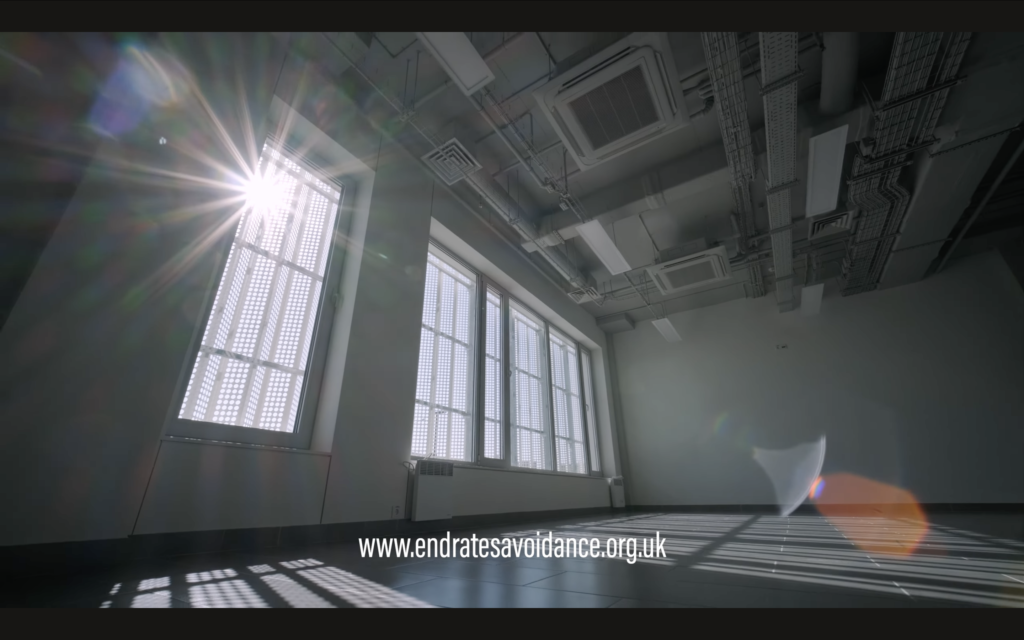
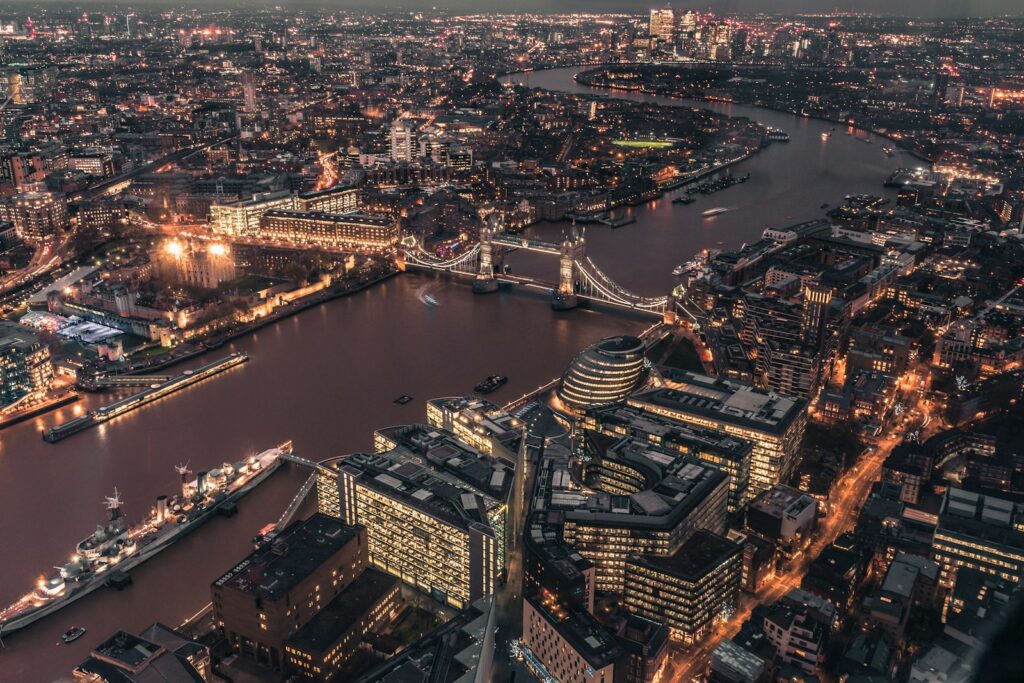

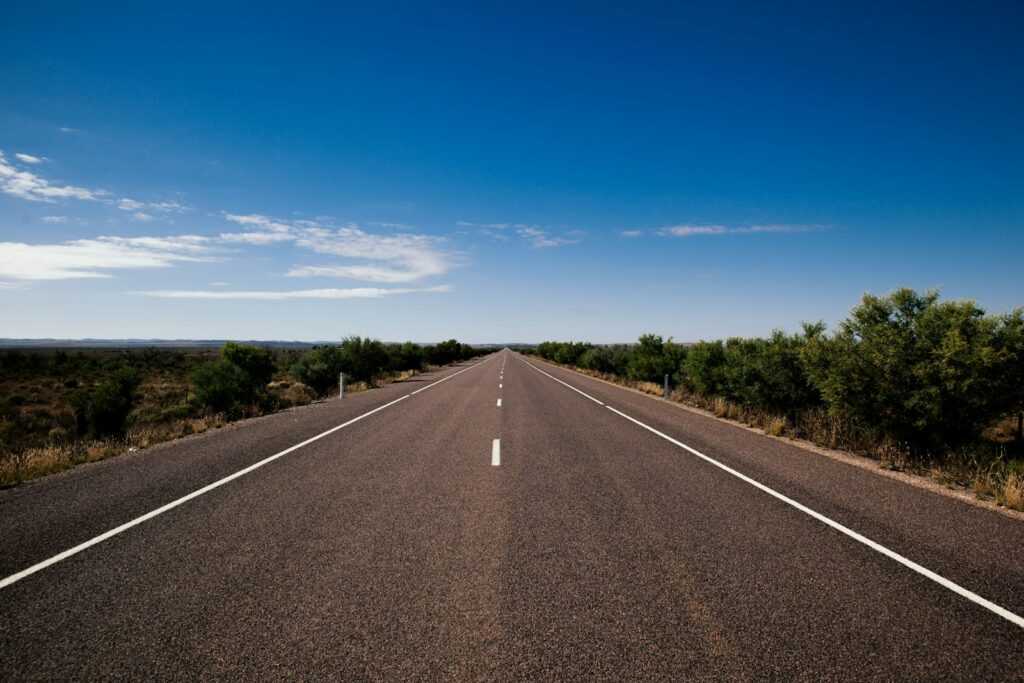
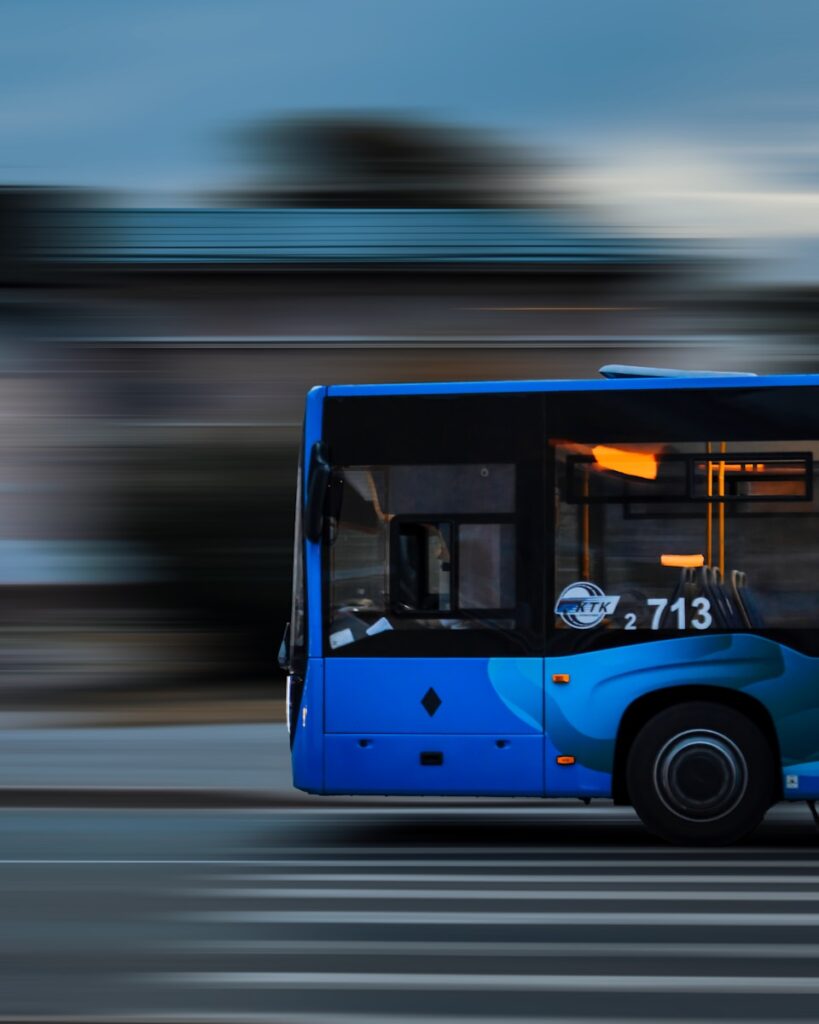
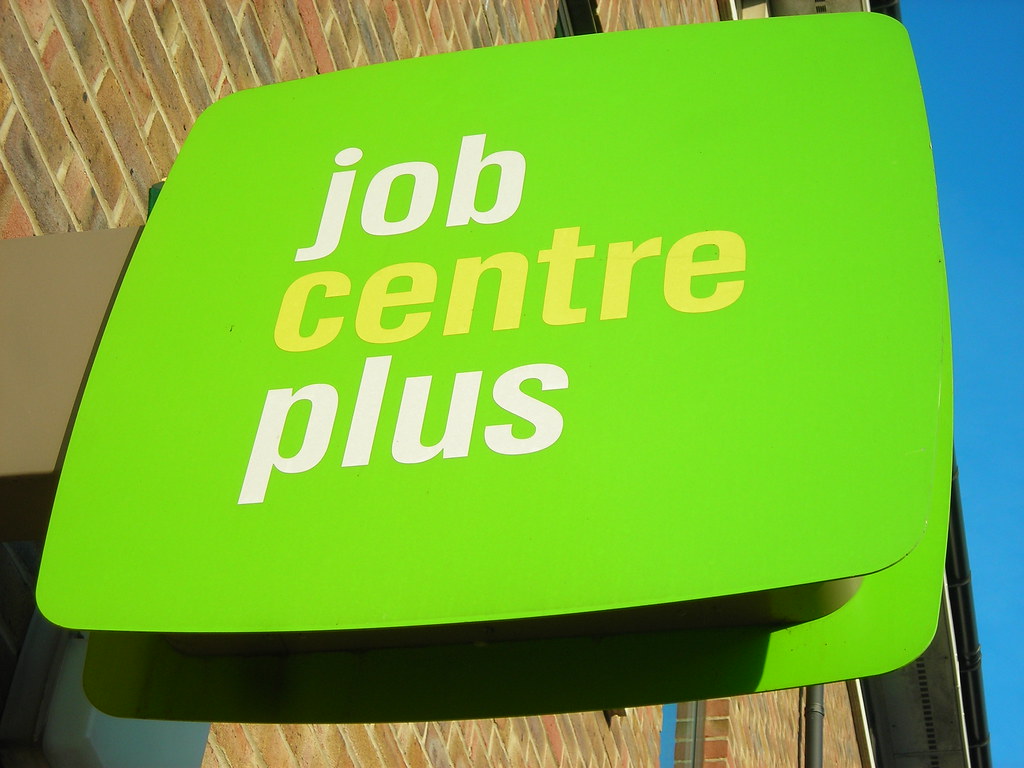
[…] In related news, Newstart speaks to campaign group Justice4Grenfell to reflect on the Grenfell disaster and its impact on society, four years after the public inquiry was formally launched. […]